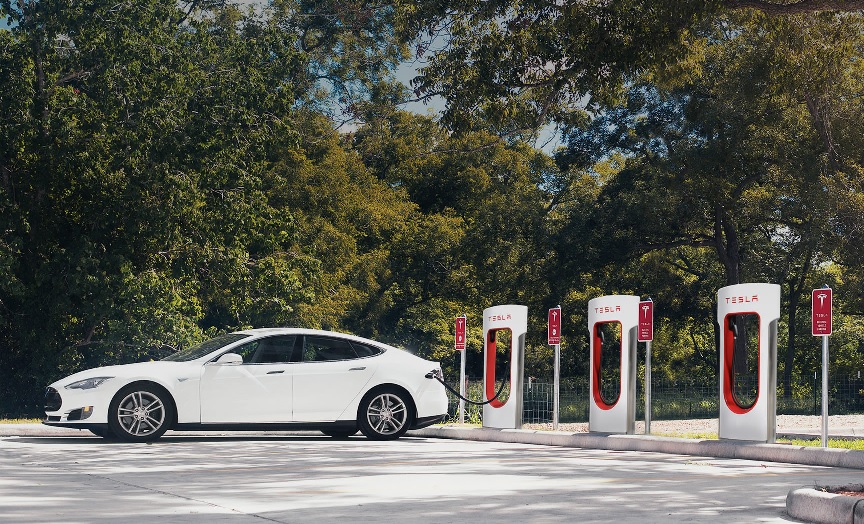Tesla has today revealed that it plans to charge new customers of its electric vehicles for access to its Supercharger Network.
In a blog post published this afternoon, the company revealed that it was announcing a “change to the economics of Supercharging” to allow the company to “reinvest in the network”. This, Tesla said, would allow the Supercharger Network to continue to grow.
For new Teslas ordered from 1 January 2017, an allowance of 400kWh – which the company equates to roughly 1,000 miles – will be included each year. After that, a small fee will apply when customers use one of the company’s Superchargers.
This charge will be incremental and cost less than the price of filling up a comparable, conventional vehicle the company has said. Specific details are to be released later this year and will vary regionally depending on the cost of electricity in that area.
Tesla has said its Supercharger Network will “never be a profit centre”.
The company has however avoided a potentially difficult situation by applying the charges only to Teslas ordered before 1 January 2017, as long as delivery is taken by 31 March 2017. Tesla had previously marketed its electric vehicles by factoring in the costs saved by consumers by charging for free instead of paying for fuel. Adding charges to those customers would have retrospectively made the cost of their purchase increase.
“Just as you would charge your cell phone, we believe the best way to charge your car is either at home or at work, during the hours you’re not using it. For travellers, the Supercharger Network has become a powerful, unique benefit of Tesla ownership.
“As we approach the launch of Model 3, this update will enable us to greatly expand our Supercharger Network, providing customers with the best possible user experience and bringing sustainable transport to even more people,” Tesla said.
Tesla’s announcement follows a similar move by Ecotricity, which earlier this year confirmed that it was to start charging customers for access to its Electric Highway network of charging stations having bemoaned the cost the company was incurring.
Ecotricity relented and adjusted its originally proposed pricing structure following a consumer backlash, however the firm’s Electric Highway MD Simon Crowfoot told Clean Energy News that the company was still losing money from the venture due to the business model behind EV charging stations being “not very good”.






